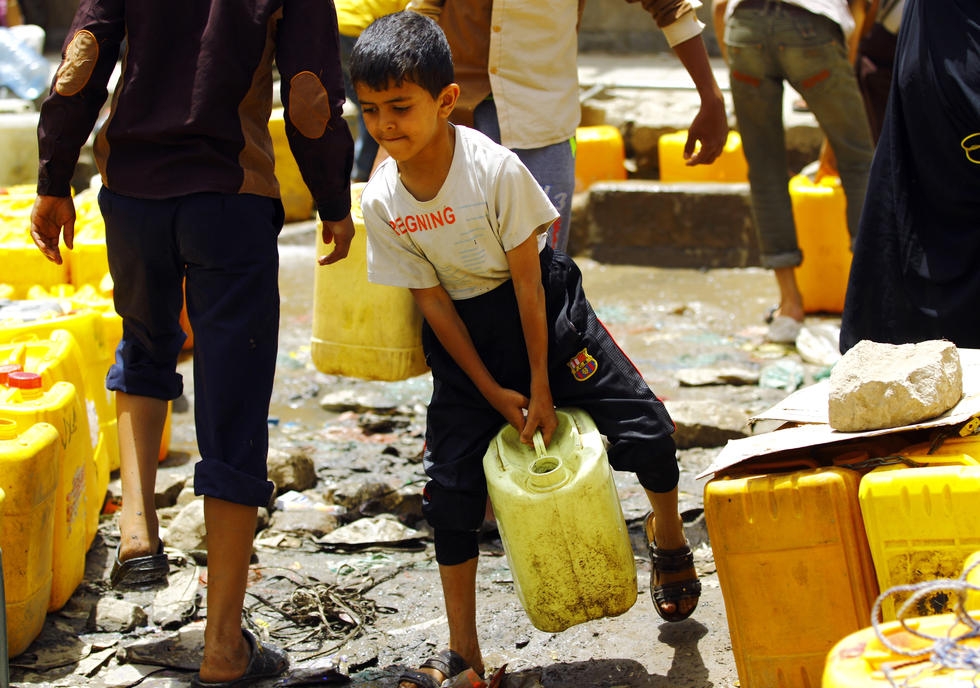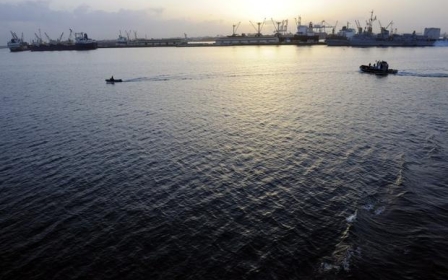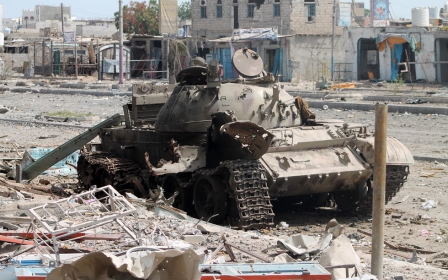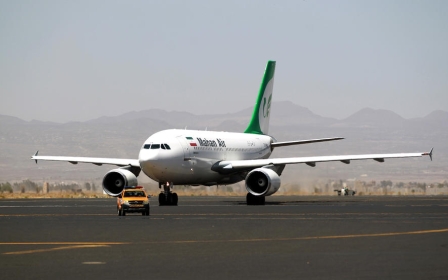Two thirds of Yemen without clean water, as outbreak of disease looms: Oxfam

Two thirds of the population in Yemen do not have access to clean water supply, according to an international aid organisation.
Oxfam said on Tuesday that the Saudi-led coalition carrying out airstrikes against Houthi rebels has contributed to an extra three million Yemenis being denied drinking water. This means, according to Oxfam, that at least 16 million out of a population of 24 million do not have access to clean water and sanitation.
The water shortage has brought a genuine threat of potentially life-threatening illnesses becoming widespread, including malaria, cholera and diarrhoea, Oxfam said. Those who do not have access to water have become largely reliant on either digging their own wells or purchasing trucked-in water, which has quadrupled in price over recent weeks.
Prior to the conflict, trucked water cost YR 2,000 ($9) in the western port city of Al Hudaydah. Oxfam said it now costs YR 8,000 ($36).
An Oxfam director warned that the number of people impacted by the crisis rivals the combined populations of several European capital cities.
“If the fighting, the fuel shortages, the lack of medical supplies, lack of sleep due to bombing and the spiralling prices were not enough, nearly two thirds of Yemenis are at risk of being without clean water or sanitation services,” Grace Ommer, country director for Yemen Oxfam, said in a statement.
“This is equivalent to the populations of Berlin, London, Paris and Rome combined, all rotting under heaps of garbage in the streets, broken sewage pipes and without clean water for the seventh consecutive week.”
Yemen is the Arab world’s poorest country and has been pounded by airstrikes since 25 March by the Saudi-led coalition, which is attempting to push back Houthi rebels from controlling large areas of the country. Riyadh has said that its campaign is a response to appeals by Yemen’s embattled president, Abd Rabbuh Mansour Hadi, for help against the Houthis, whose rise has alarmed Gulf states due to the group being perceived as receiving support from regional rival Iran.
As well as airstrikes there has been fierce fighting on the ground, where the Houthis and supporters of deposed former president Ali Abdullah Saleh have been battling against forces allied with Hadi, who is currently residing in the Saudi capital Riyadh.
Since the air campaign began in March, Saudi Arabia and Egypt have imposed a tight naval embargo on Yemen to prevent military supplies from reaching the Houthis, however, this has also stopped medical supplies from reaching the war-torn country.
Oxfam said that since the coalition began its operation in Yemen, nearly 2,000 people have been killed and more than 7,000 others injured, with some 500,000 people having been displaced from their homes.
The international rights group said the conflict had “left the country in ruins” and Ommer called for an urgent ceasefire to relieve the pressure on the humanitarian situation.
“A serious outbreak of disease is looming if water and sanitation issues are not addressed,” she said. “Hospitals are struggling to cope without access to fuel, clean water and medical supplies.”
“Yemen needs an urgent ceasefire, and the opening of trade routes so vital supplies can enter the country to allow for the rebuilding and revamping of the water infrastructure. Anything short of this will usher a health disaster to add to the pile of miseries that Yemenis are facing.”
Middle East Eye propose une couverture et une analyse indépendantes et incomparables du Moyen-Orient, de l’Afrique du Nord et d’autres régions du monde. Pour en savoir plus sur la reprise de ce contenu et les frais qui s’appliquent, veuillez remplir ce formulaire [en anglais]. Pour en savoir plus sur MEE, cliquez ici [en anglais].




